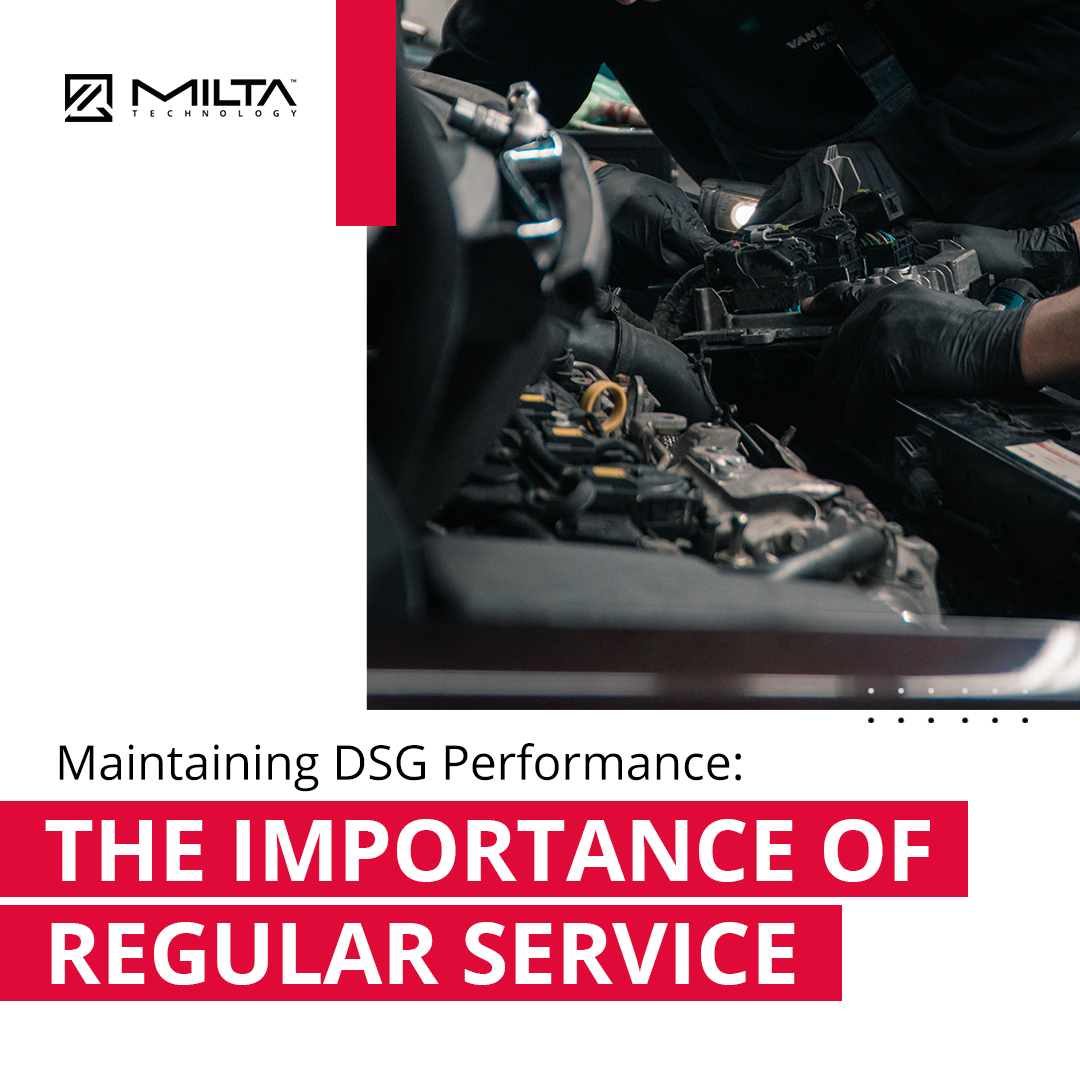Maintaining DSG Performance: The Importance of Regular Service
In 2003, Volkswagen introduced the direct-shift gearbox (DSG), a high-performance transmission system that combines the best of both automatic and manual transmissions, providing drivers with enhanced flexibility and faster shifting. While the DSG offers impressive efficiency, saving up to 20 percent in fuel usage compared to regular automatic transmissions, it comes with a level of complexity that demands proper maintenance to avoid costly issues in the long run.
This article delves into the importance of regular transmission servicing in maintaining a healthy DSG.
/
Essential DSG Maintenance
It’s common for some vehicle owners to delay routine DSG maintenance due to concerns about potential high costs. However, neglecting essential maintenance procedures can lead to even greater expenses down the line. To ensure your DSG performs optimally, consider the following crucial maintenance tasks:
Fluid and Filter Changes: Every 40,000 miles, the DSG requires fluid and filter changes. The clutches in popular DSG variants are submerged in gear oil for lubrication and cooling, and over time, this fluid can become contaminated with material shed from the clutch plates. Regular fluid and filter changes are essential to prevent performance issues and potential damage to the clutch packs and hydraulic valves.
Engine Coolant: Although seemingly unrelated, the engine coolant plays a role in DSG health. The DSG uses its gear fluid for cooling and also relies on the engine’s cooling system to dissipate additional heat. Neglecting engine coolant maintenance can lead to wear and tear in the DSG’s heat exchanger, causing antifreeze to seep into the transmission and damage internal components.
Listen for Unusual Noises: Unfamiliar noises in your car may indicate impending issues. In the case of the DSG, rattling or jangling sounds could be signs of rear input shaft bearing problems or flywheel failure. Crunching noises may suggest synchromesh issues. Any unusual sounds should prompt immediate servicing.
/
Importance of Regular Maintenance
Regular DSG servicing is crucial because it addresses potential issues early on, preventing costly repairs and replacements later. By investing in periodic servicing, you take a proactive approach to maintain your DSG’s efficiency and longevity. The costs of servicing might seem significant at the time, but they pale in comparison to the expenses associated with major repairs or replacements.
For instance, a clutch replacement can cost around £975 plus VAT, and a mechatronic unit replacement may reach £1,000 plus VAT. Regular servicing helps avoid problems like clutch slipping, premature shaft bearing failure, synchromesh issues, coolant leaks, and contamination of internal components.
/
Choose the Best Servicing Option
While the significance of regular DSG maintenance is clear, it’s equally crucial to entrust your DSG to capable hands. Opting for an experienced VW dealership for servicing ensures that qualified professionals with proper training and equipment handle your DSG. Avoid budget mechanics lacking experience with DSG units, as their attempts at repair could lead to more harm than good.
/
Conclusion: Prioritize Quality Servicing
Regular maintenance is key to preserving the performance and longevity of your DSG gearbox. To ensure your DSG operates optimally, invest in periodic servicing from a reputable VW dealership. By doing so, you can rest assured that your DSG will continue to deliver its high-performance capabilities reliably. Consult your VW dealership or maintenance schedule to learn more about keeping your DSG well-maintained.

